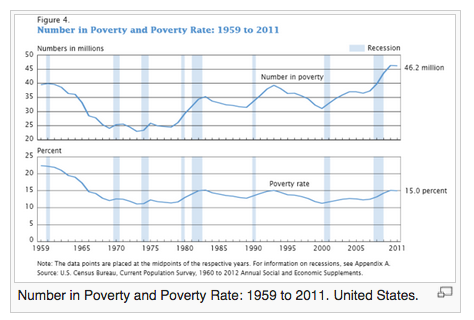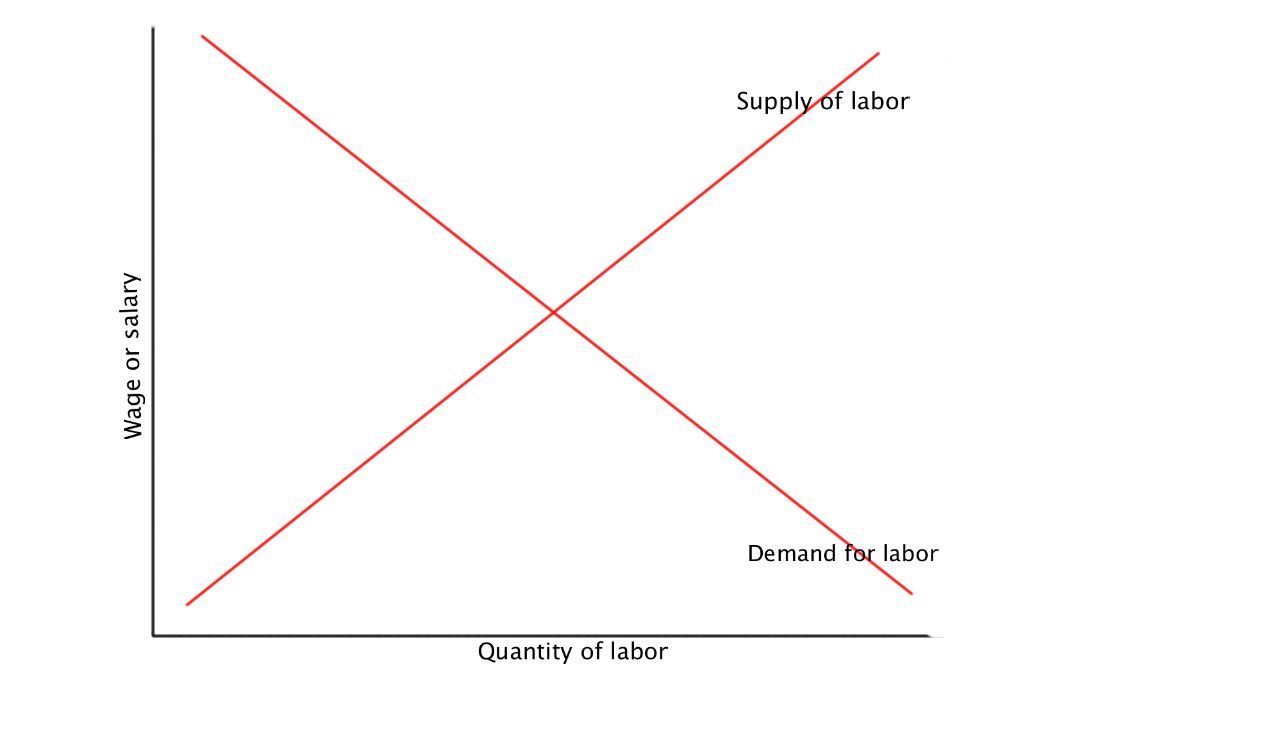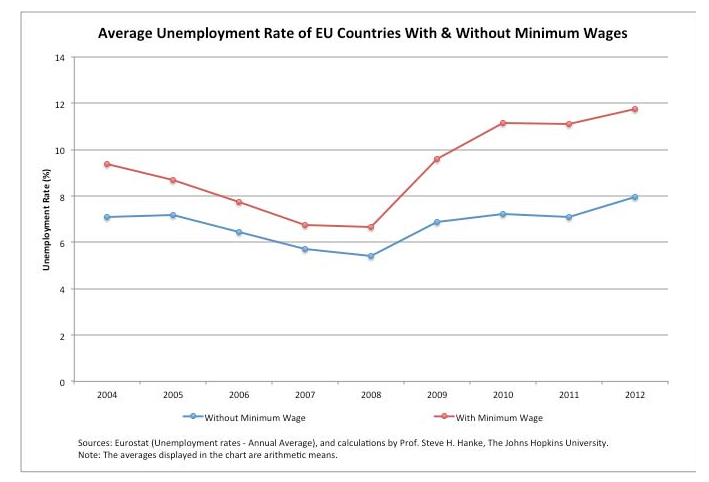If there was discussion in all the news coverage about how to prevent another tragedy like Ferguson, I missed it, outside of Michael Brown’s stepfather chanting ‘Burn this bitch down!’ I think we all heard that.
So what are the solutions proposed to keep this from happening again? They’re presented here, in order from the most immediate, granular, and specific, to the most general.
Require tasers
It was reported that Officer Wilson was issued a taser, but decided against carrying it: “he was not armed with a taser because he considered the weapon clunky and heavy”. If available, the taser would have given Officer Wilson a non-lethal option for disabling Michael Brown.
“A 2011 Justice Department study on the use of Tasers and other nonlethal weapons concluded they can spare lives and injury for both suspects and officers. The report noted that when a Taser was used, the risk of an injury to the suspect was between 50 percent to 90 percent lower than when one was not used but a different form of force was.”
Require body cameras
We’re going through this debate now in Seattle and dealing with two intertwined problems: the cost, and data management. Cost is an issue both for buying the cameras, and in managing all that video. The police department has to not only buy the computer hardware for storage, but needs to buy or develop archival software to control access, recovery, and distribution of footage; and to prevent loss. Data management is an issue because of the cost, and because of the management time needed to develop systems and policies. For example, what do you do with knucklehead freedom of information requests for 100% of all your footage on a daily basis? You shouldn’t re-invent the wheel here. We’ve all seen police dash cam footage on YouTube, so we know some agencies have developed solutions. Seattle however, is having a hard time figuring this out. Maybe we should check with our friends down in Portland, OR.
If Officer Wilson had a body camera, and if it was turned on and functioning properly, we might have reliable evidence of what happened, and there might be no controversy.
Police departments should quickly equip officers to wear live cameras on their uniforms in every reasonable circumstance. Congress should also do more to encourage adoption of the technology. Various studies and anecdotal reports have found that, though far from a panacea, this technology has a variety of potential benefits. Complaints of police mistreatment, for example, have gone down after cops began wearing the devices. We don’t know if Michael Brown would be alive today if Ferguson police had to wear cameras. But having them in place almost certainly would have helped.
Better training
Does the training that American police receive make them too aggressive? Do American police in general receive less training than comparable officers in other countries, for example Canada? In typical training for US police officers, how high a priority is given to learning how to calm down agitated people and defuse potentially dangerous situations? Whatever the answer, I bet that in future the priority is higher.
Increased civilian review of police
Apparently there is no citizen review process in Ferguson. The New York Times reports that the Ferguson city council recently decided to implement a citizen review board.
Changes to the court system
The New York Times reports that a major irritant in Ferguson was the perception that traffic fines and other low-level violations were used to harass residents:
It also announced sweeping changes to its court system, which had been criticized as unfairly targeting low-income blacks, who had become trapped in a cycle of unpaid tickets and arrest warrants.
Municipal court fines are the city’s second-highest source of revenue, leading many critics to argue that the authorities had a financial incentive to issue tickets and then impose more fees on those who did not pay.
Young black men in Ferguson and surrounding cities routinely find themselves passed from jail to jail as they are picked up on warrants for unpaid fines, one of the many simmering issues here that helped set off almost two weeks of civil unrest.
Better data
What are the numbers on excessive force by police, alleged or proved? Apparently we don’t know. The Washington Post reports that “Congress in 1994 told the Justice Department to collect and publish national numbers on the excessive use of force, but federal officials have never managed to do it. Those numbers that are available are uninformative for various reasons.”
I’m a big fan of using data to identify problems and track progress toward a solution. We have at the least a perceived problem with excessive use of force in law enforcement, but lack the data to verify the perception or help in finding the fix. If you can’t measure it, you can’t fix it.
End police militarization
Militarization probably did not play a role in the confrontation between Michael Brown and the officer, but was an issue in managing events following the shooting. I have a hard time denying the police inexpensive access to military surplus if they feel it’s useful. This is something for local governments to consider.
Political engagement
Why did the divide in Ferguson between the police and the community occur? Is it because the community is largely black, and the police force is largely white? The disinterested observer might ask if this is a recent development, whether blacks are politically active in their community, and what the city’s hiring policies were.
Shame on Ferguson city government for letting this happen. Shame on city residents for letting Ferguson city government betray them. It’s up to Ferguson residents now, if they haven’t been politically engaged before, to get involved: register to vote, know the issues and personalities, and participate in elections. Be responsible.
We got to clean up our community so we can clean up the United States of America. Nobody is going to help us if we don’t help ourselves.
— Al Sharpton at Michael Brown’s funeral service
Economic opportunity
How much of a role did poverty play in this whole episode? When an athletic team is losing, backbiting and hostility often appear in the locker room, and things may go downhill even faster. In an athletic team, winning is supposed to end all those controversies, and make the resentments and bad feelings go away. My guess is, if Ferguson were a prosperous middle class community, if it was a community that was winning, the Michel Brown incident would not have happened.
Together, I know we can move forward and heal as we work to find better job opportunities in and more investment for challenged communities.
Improved education
Poverty and bad schools seem to go hand in hand. Is it the chicken or is it the egg? That’s a question for the ages, but the New York Times’ Nicholas Kristof pointed to failed schools as part of the problem: “The best escalator to opportunity may be education, but that escalator is broken for black boys growing up in neighborhoods with broken schools. We fail those boys before they fail us.”
Rioting
This ‘fix’ was tried, and there are even responsible voices in the media that justify and advocate it. Darlena Cunha, in an editorial in Time Magazine, wrote: “When a police officer shoots a young, unarmed black man in the streets, then does not face indictment, anger in the community is inevitable. It’s what we do with that anger that counts. In such a case, is rioting so wrong?”
Dialog
Who has the courage to talk openly about these issues today? Not me. In this article I’m not telling you much about what I think, mostly I’m just digesting and passing along a list of suggestions. Regardless, Huffington Post columnist Jamelle Sanders stepped up and said we need to talk.
we need to have impactful and authentic dialogue between law enforcement and minority communities. We have seen a gargantuan breakdown over the years, and it is time for a heart-to-heart conversation. … Only dialogue, unity and love can break down the walls of racism, bigotry and hatred that have prevailed for generations. … The only thing left to do is to unite and use the power of our voices to make a difference. Instead of using violence, use your voice to stand up for injustice in the world. … We must begin to dialogue about how to prevent things like this from happening again.
Bottom line
Tasers, body cameras, and better training are slam-dunks. All the others are a step down in relevancy, a step up in cost and difficulty, or worse.


